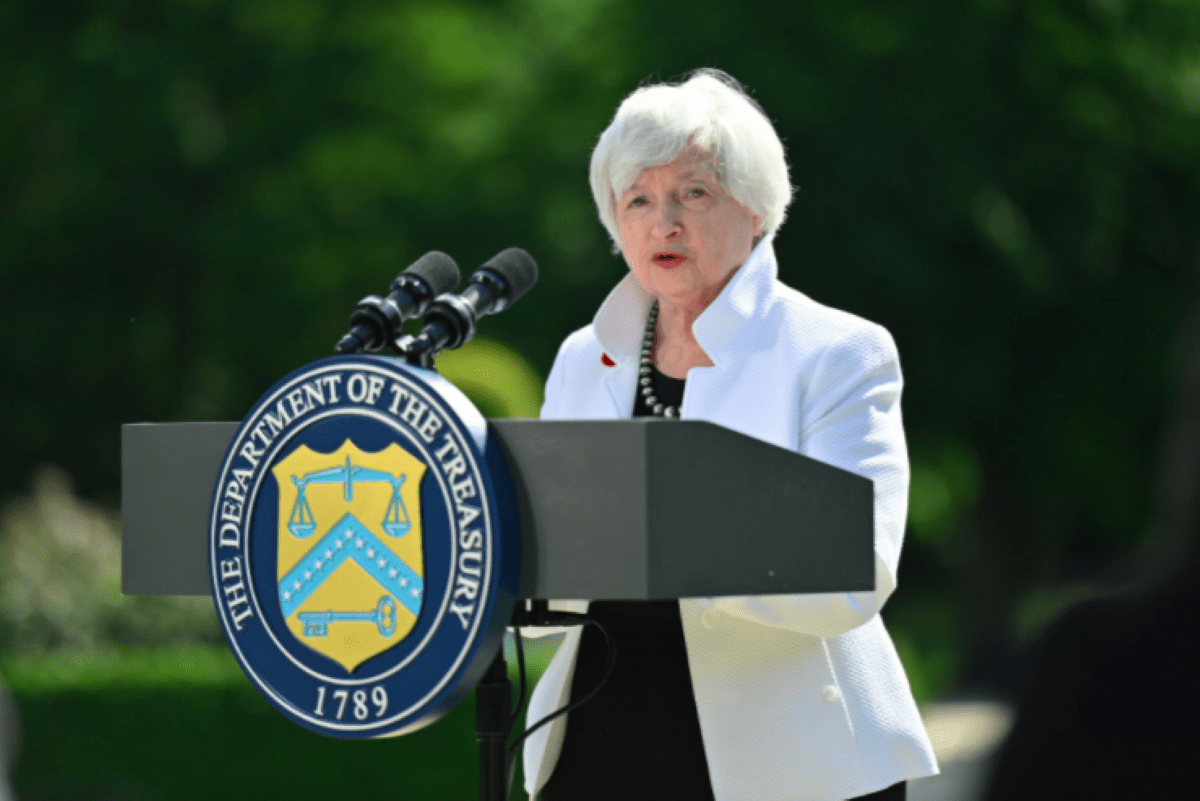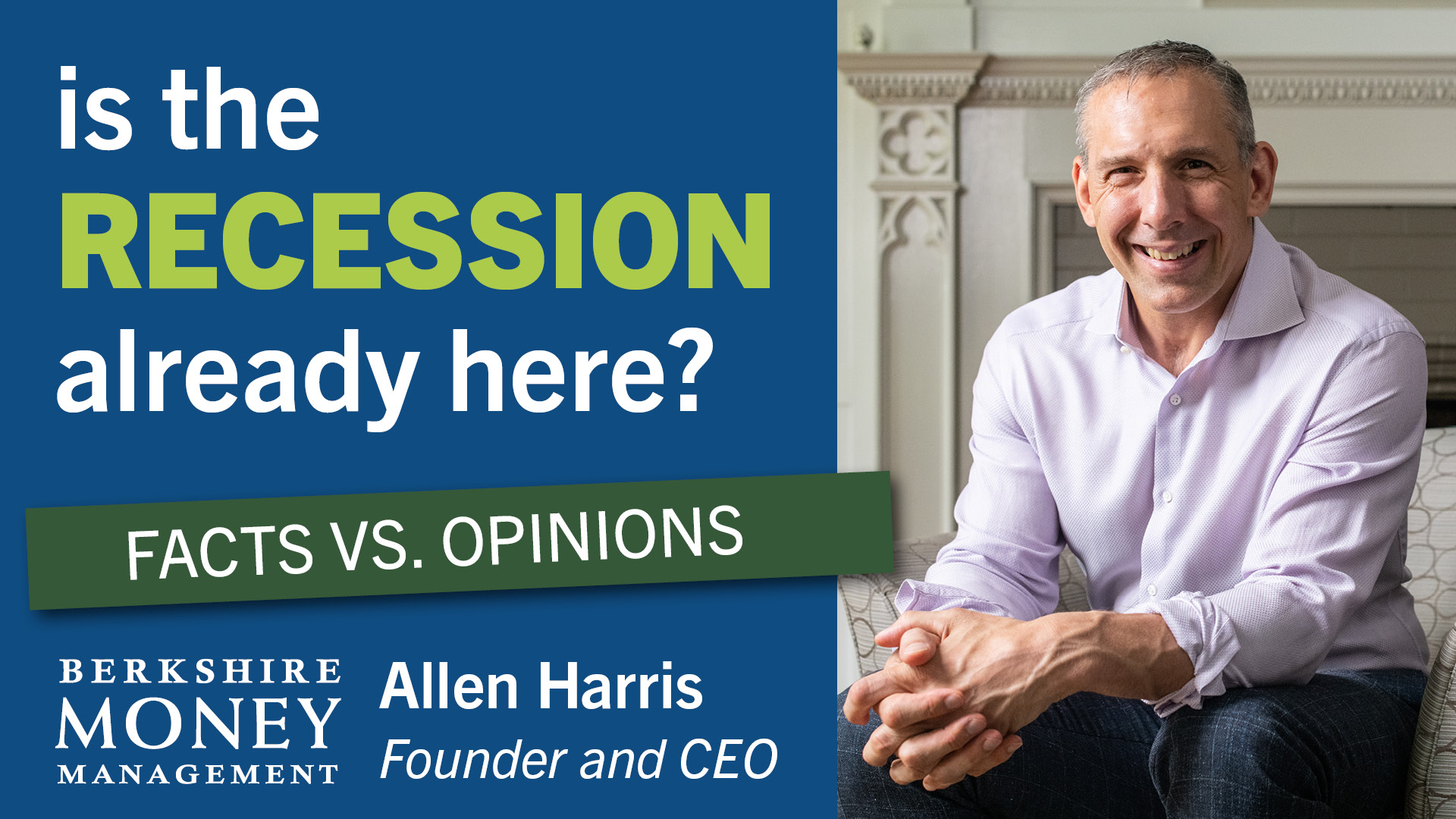Race to the Bottom

Before the weekend of June 5–6, 2021, I enjoyed a fully vaccinated (literal) water cooler chat with Nate and Scott, two of the advisors at Berkshire Money Management. The shop-talk topics were various: the economy, investment selection, politics.
Our conversation veered to the recent chatter about global tax reform. Specifically, the Friday, June 4 meeting in London where U.S. Treasury Secretary Janet Yellen planned to propose a minimum corporate tax on multinational companies to the Group of Seven nations, or G-7, (Canada, France, Germany, Italy, Japan, the U.K., and the U.S.)
I scoffed at it, noting that there’s no way they’d all agree to such a thing.
On the Saturday of that weekend, I texted Nate and Scott and admitted that I got that one wrong. I agreed, in concept, to a historic deal on tax reform. They decided to support a global minimum corporate tax rate of at least 15 percent. To be clear, that would be an effective rate of 15 percent, as opposed to a stated rate.
The G-7 also issued a statement saying they’d target the “largest and most profitable multinational enterprises.” Those big companies would be taxed at a rate of “at least 20 percent of profit exceeding a 10 percent margin.” That could hurt U.S. mega-companies, especially some technology companies that sell digital products which aren’t easily associated with a physical location. However, potentially offsetting that pain to tech companies would be the elimination of the digital service taxes.
You can’t blame my cynicism; this sort of coordination has been under discussion for years with seemingly no advancement of the conversation. An agreement by the finance ministers of the G-7 could be the momentum required to further the dialogue in July 2021, when the G-20 meets in Venice. Among other countries, the G-20 includes China, India, and Brazil. Then the G-7 can move onto discussions with the rest of the 135 countries associated with the Organization for Economic Cooperation and Development. Some of those 135 countries won’t want to join the accord. The U.S. has proposed ways to penalize companies doing business in countries that do not agree to impose the minimum tax.
Countries with stated corporate tax rates lower than 15 percent wouldn’t need to raise their rates. There would be a kickback to the company’s home country by the corporation to get the effective rate to 15 percent. The U.S. believes that would be fair because it would eliminate the advantage low-tax countries have in wooing corporations to their land.
Yellen expressed that this proposal responds to what had become a global “30-year race to the bottom on corporate taxes rates.” When foreign countries offer corporate rates lower than those imposed by the U.S., American companies are motivated to do business elsewhere. Companies want to set up shop where they can be more competitive. For example, Ireland has a corporate tax rate of 12.5 percent, compared to 21 percent in the U.S. Throughout the last couple of years, Ireland’s lower rate has attracted 700 U.S. firms and 160,000 employees.
Multinational companies also find ways to shift their profits to avoid paying taxes, like circumventing sales made in the States or Europe and legally diverting those payments through the British Virgin Islands, Cayman Islands, Bermuda, the Netherlands, and Switzerland, which have low tax structures. Or, as the Tax Justice Network puts it, those five “jurisdictions [are the] most complicit in helping multinational corporations underpay corporate income tax.” According to the Institute on Taxation and Economic Policy, some of this legal maneuvering allowed 55 of the most prominent and profitable U.S. companies to escape paying U.S. federal income tax in 2020.
However, there are considerable hurdles to closing a deal. Every country will have to navigate its system. For example, here in the U.S., Congress will have to write new laws to change the tax code. I’m not familiar with the bureaucracy of 135 countries. Nonetheless, I wouldn’t be surprised if some other countries did nothing until the U.S. came to an agreement. Suppose some of those same countries are as dysfunctional as America’s bi-partisan politics. In that case, we’ll have some time to figure out what countries might become attractive investments and which sectors or capitalizations (i.e., big-cap, small-cap) we might want to avoid.
If everything goes as Yellen would like, it would still be about 18-24 months before tax collections changed. That means the stock market probably has about a year to begin digesting the effects. Until then, this is good news for the stock market. It diverts the White House from pushing the current corporate tax rate from 21 percent up to 28 percent… for now. It’s not a game-changer for my investment allocation today because I wasn’t expecting a rate hike to happen until 2024, if at all. (Why 2024? It would be imprudent to raise taxes before the economy reaches full employment, which will not occur for a few years.)
The global minimum tax proposal would boost U.S. tax revenue by $140 billion over 10 years, according to Strategas Research. An estimated additional $700 billion will be collected by the Treasury if the corporate rate is raised to 28 percent. It’s possible that under a second term, Biden would continue to push for those higher rates to pay for the spending that occurred throughout the COVID-19 pandemic.
Stock market stability
Selling pressure on stocks has subsided. Small-cap and large-cap Technology stock prices have stabilized since mid-March 2021 and have even shown early signs of recovery. The moderation of selling has occurred as buying has broadened out to previously waning stock classes and sectors. This suggests that the market has become more durable.
I suspect the trend to persist, and we’ll avoid those cliché rhymes and alliteration, such as “June swoon” or “summer sell-off.” Instead of getting defensive throughout the summer, my current plan is to invest as if the market consolidation will resolve itself to the upside. I am not expecting any shock that we can’t handle.
Allen Harris is the owner of Berkshire Money Management in Dalton, Mass., managing investments of more than $600 million. Unless specifically identified as original research or data-gathering, some or all of the data cited is attributable to third-party sources. Unless stated otherwise, any mention of specific securities or investments is for illustrative purposes only. Adviser’s clients may or may not hold the securities discussed in their portfolios. Adviser makes no representations that any of the securities discussed have been or will be profitable. Full disclosures. Direct inquiries: aharris@berkshiremm.com.
This article originally appeared in The Berkshire Edge on June 14, 2021.
Allen is the CEO and Chief Investment Officer at Berkshire Money Management and the author of Don’t Run Out of Money in Retirement: How to Increase Income, Reduce Taxes, and Keep More of What is Yours. Over the years, he has helped hundreds of families achieve their “why” in good times and bad.
As a Certified Exit Planning Advisor, Certified Value Builder, Certified Value Growth Advisor, and Certified Business Valuation Specialist, Allen guides business owners through the process of growing and selling or transferring their established companies. Allen writes about business strategy in the Berkshire Eagle and at 10001hours.com.





